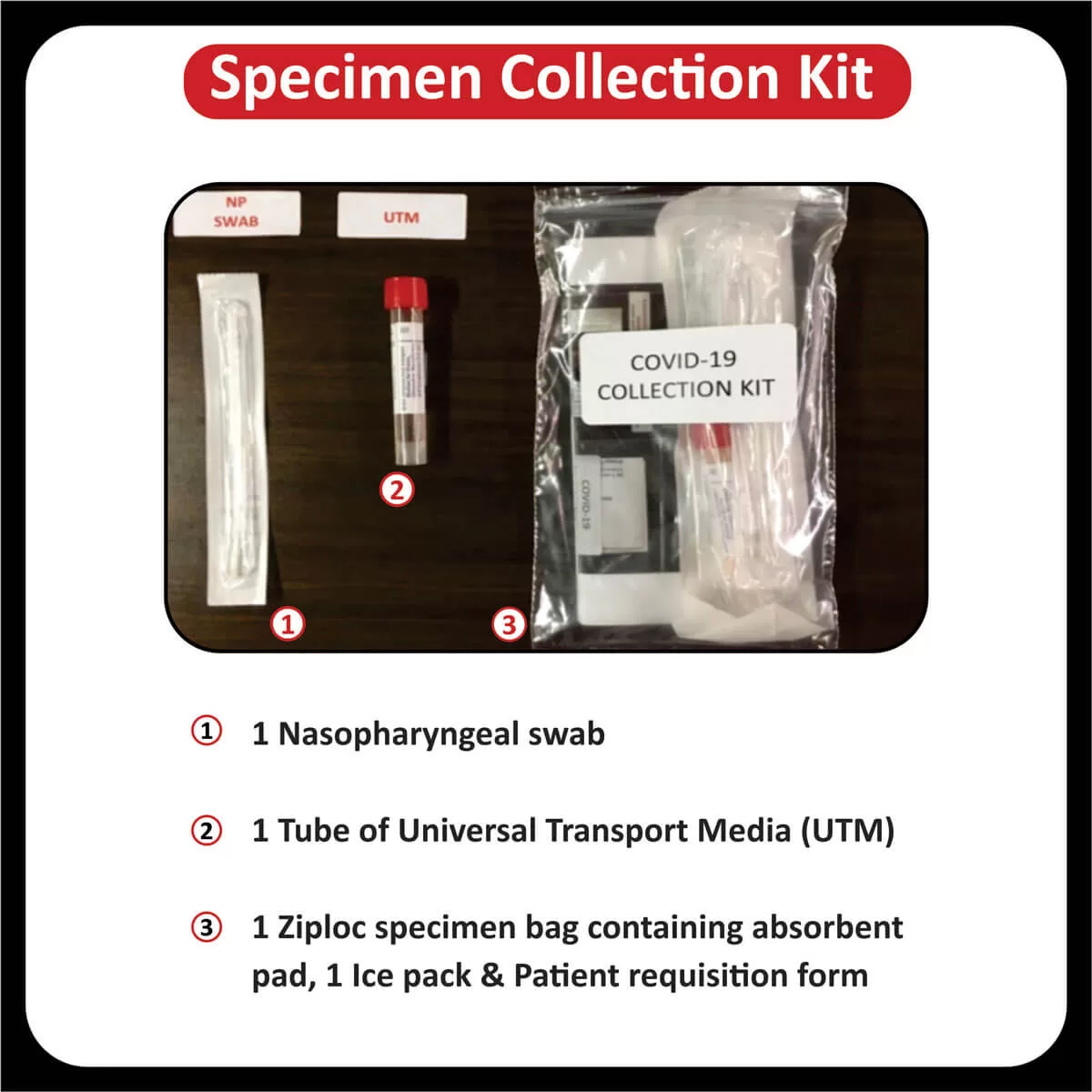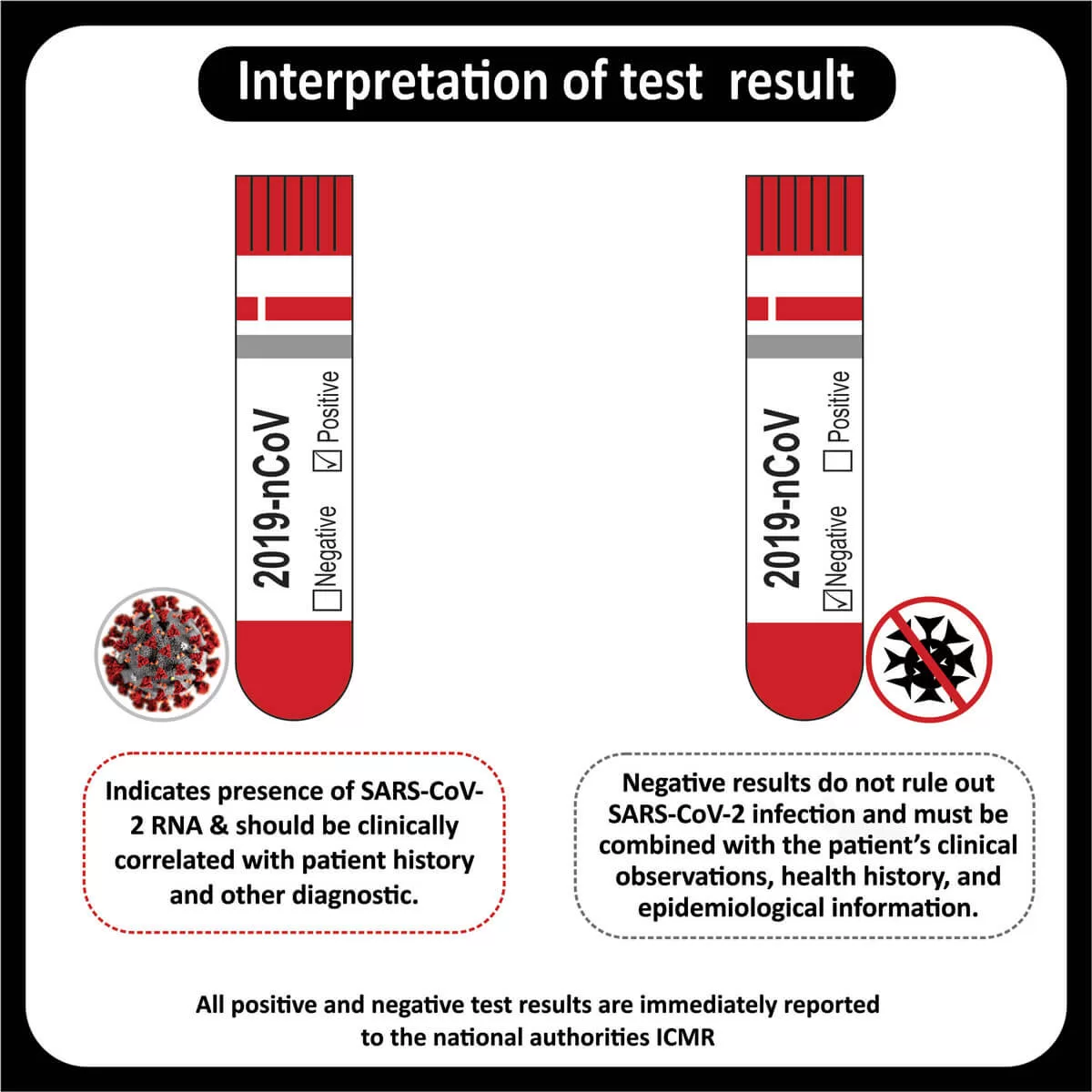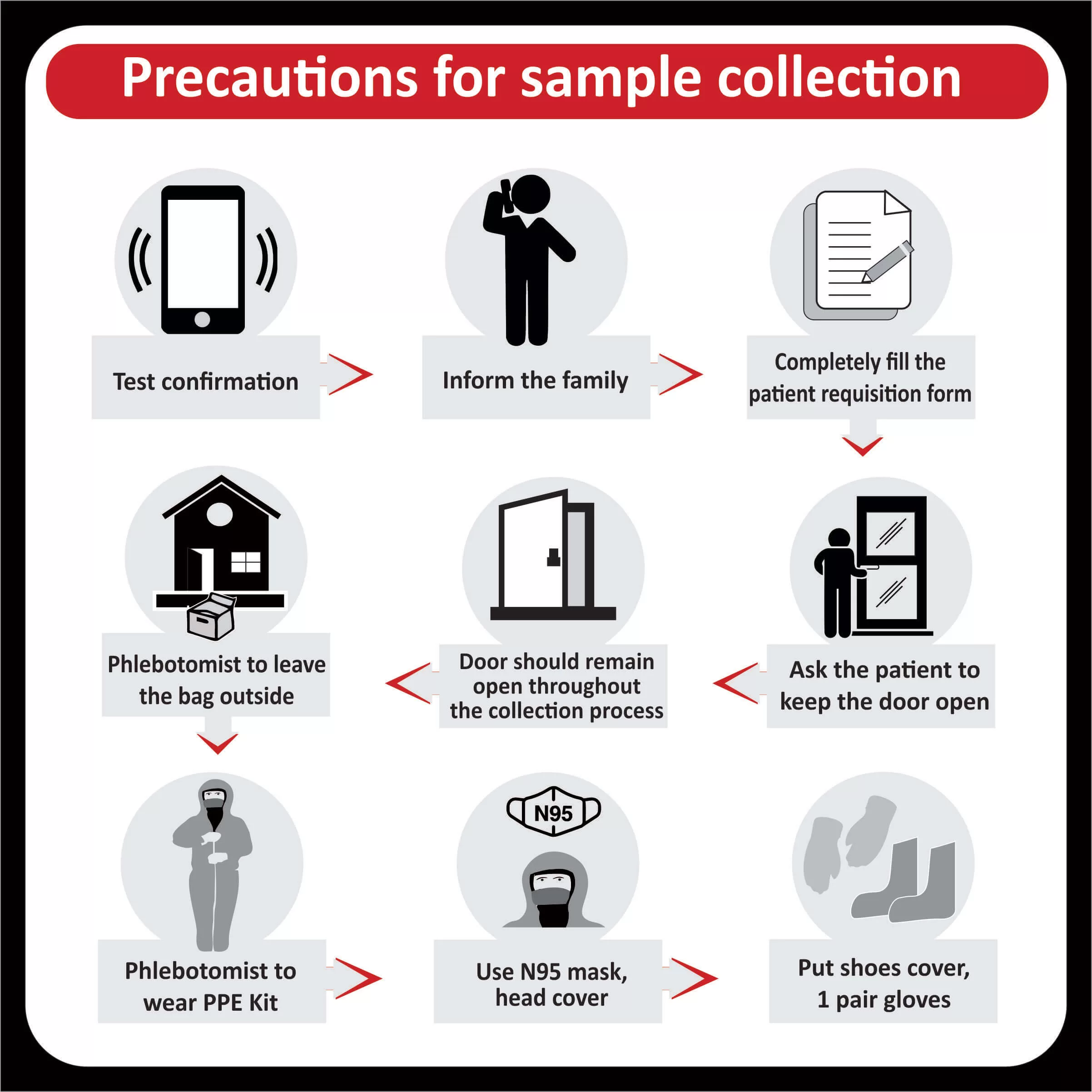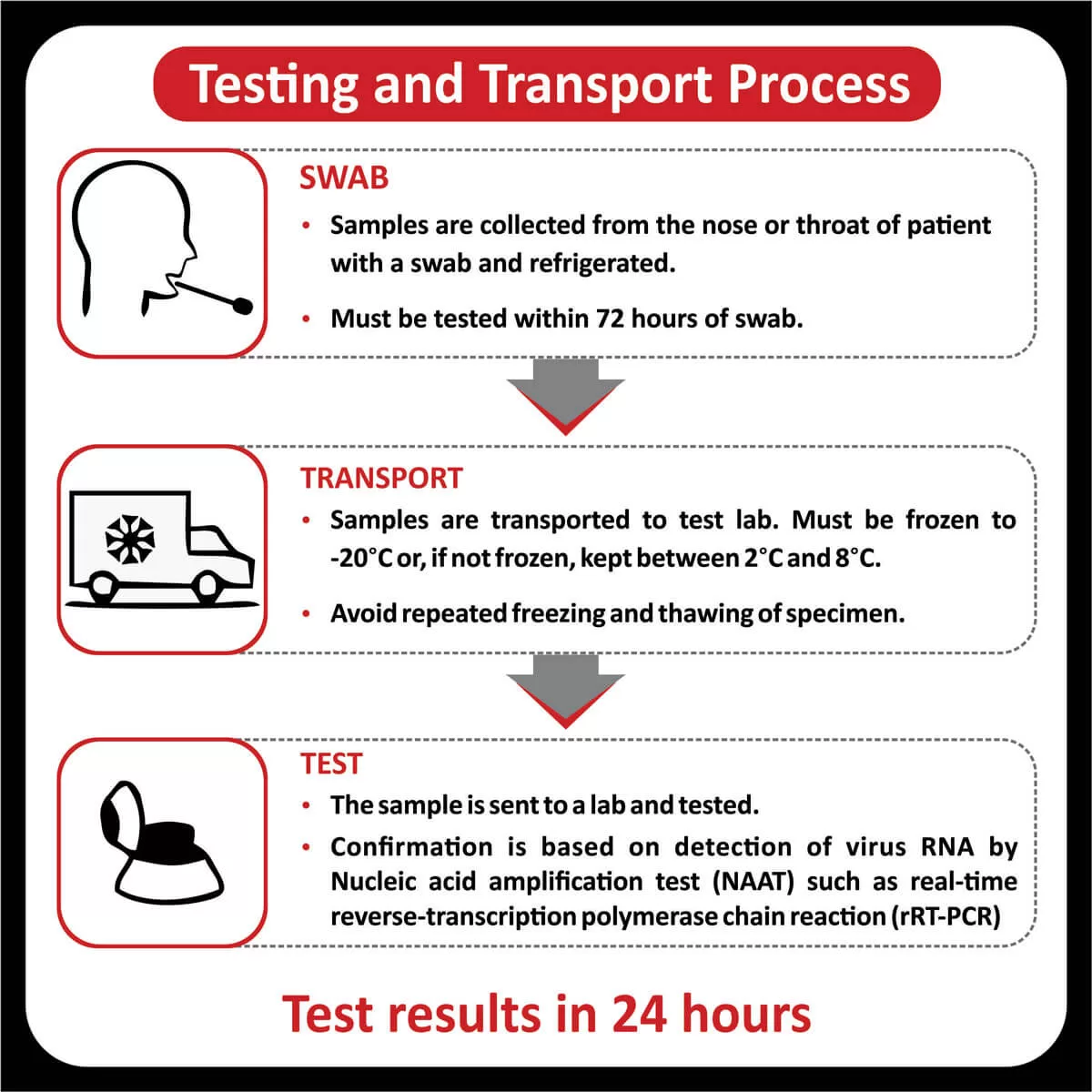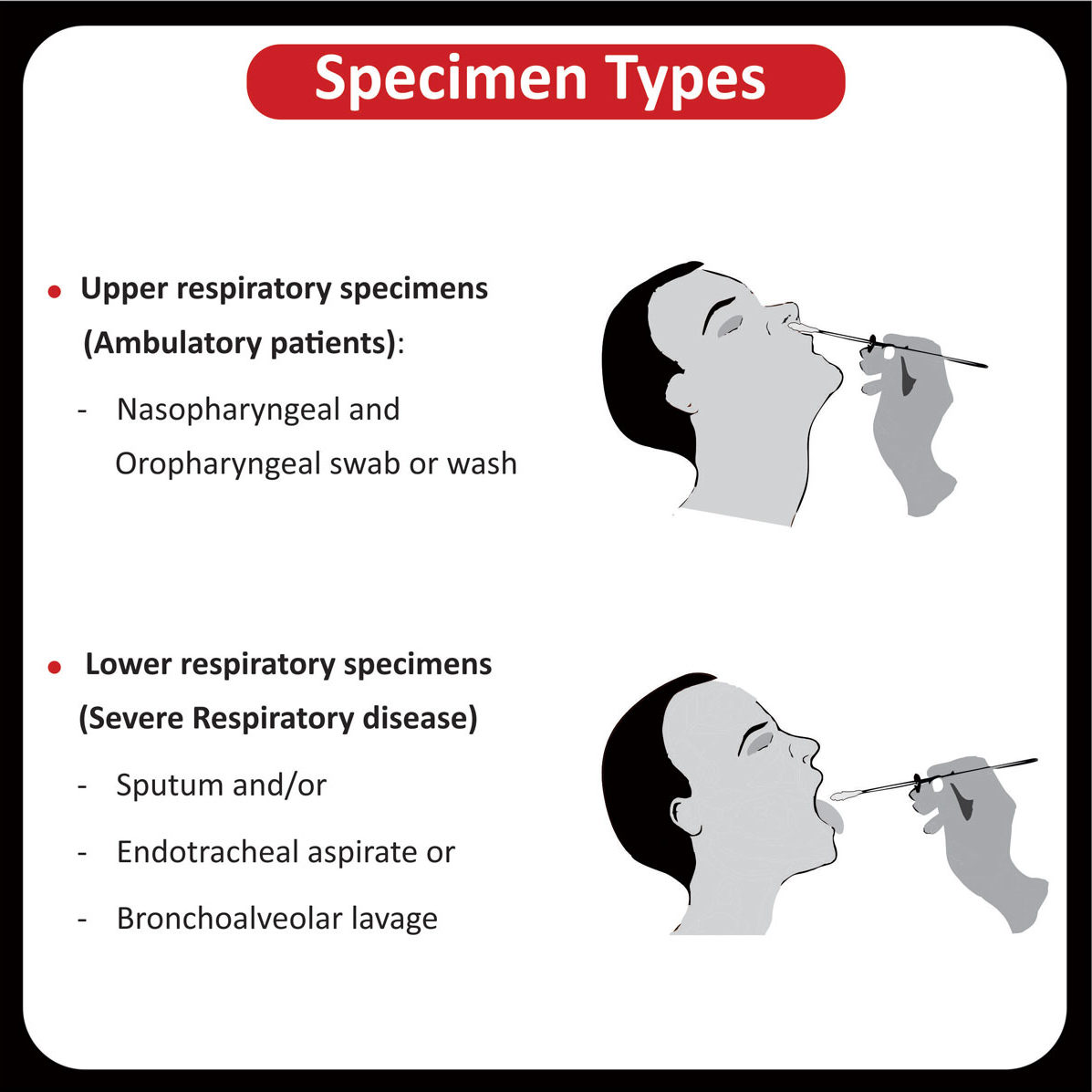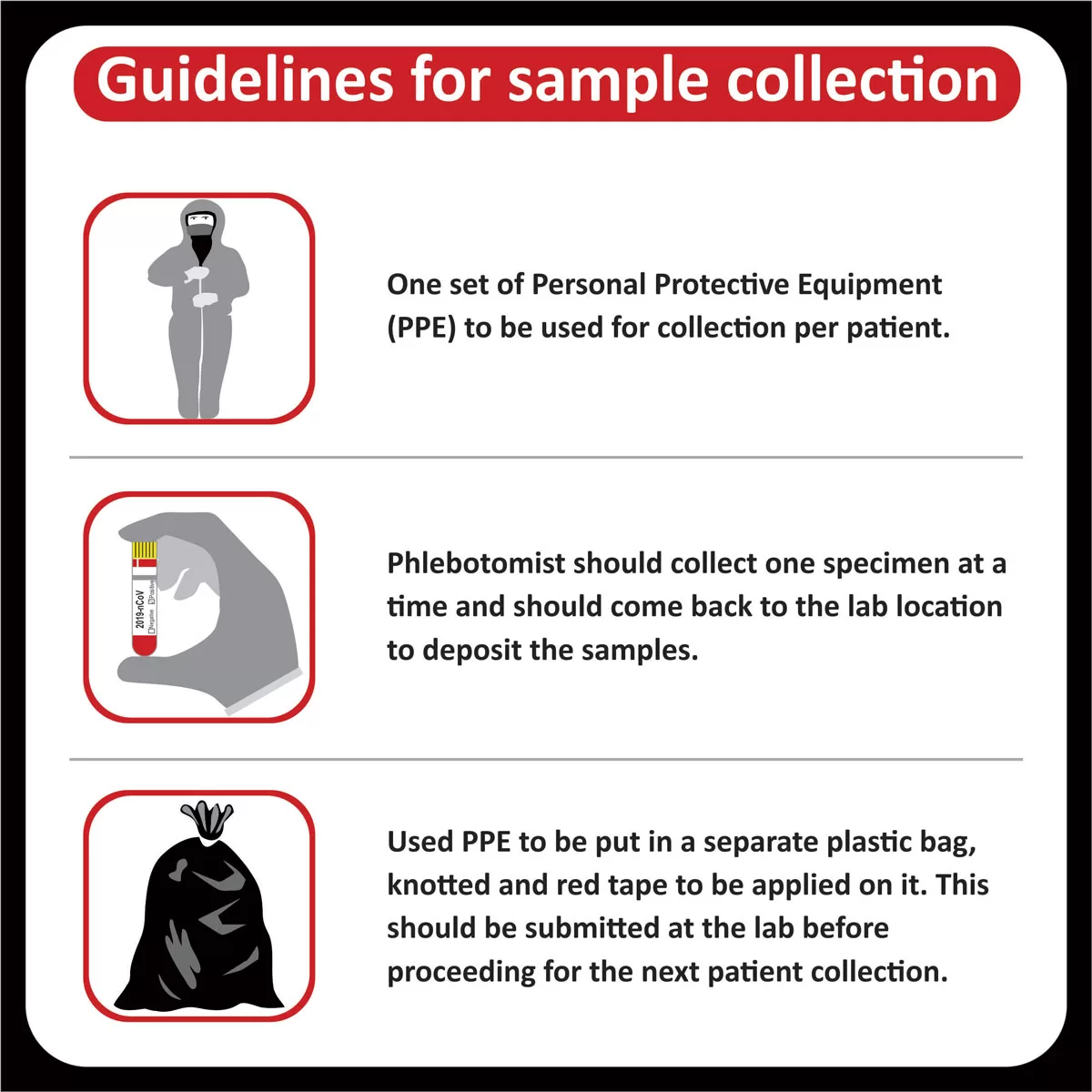
Case Studies
CASE 028
In this month’s case, Dr. Aditi from our team, through careful morphological evaluation, extensive panels and awareness of rare entities was able to complete an authentic diagnosis of Oncocytic variant of glomus tumor.
CASE 029
This month’s case is from our resident Genetic Counsellor – Aparna Dhar. It revolves around a patient’s inquiry about breast risk reducing surgery. It reflects the challenges faced in a genetic counseling clinic, the importance of a multi-disciplinary approach and addresses implications for the practice.
CASE 030
In this month’s case, we have Dr. Kunal talking about a rare brain tumor which is a newly diagnosed entity in WHO classification.
CASE 031
In this edition, we discuss the rare, and often neglected, male breast cancer (MBC). Much of our understanding of male breast cancer is essentially extrapolated from its female counterpart. In the case below, Dr. Shalu walks us through the different genes involved in male and female breast cancer and the impact they have.
CASE 032
In this month’s edition, we bring you a rare case of tumor of the spleen and an even rarer splenic vascular neoplasm. Till date, fewer than a hundred cases have been reported on this in daily surgical practice. In the case, Dr. Shivani, walks us through how the team went about the case and concluded its diagnosis.
CASE 033
In this month’s edition, Neha takes us through a known case of Non-small cell Lung Carcinoma (NSCLC) treatment that was impacted due to unavailability of tissue for molecular analysis. Through this case we highlight the utility of liquid biopsy in providing an accurate snapshot of the genomic landscape of the tumor markers.
CASE 034
In this month’s edition, we discuss a case of a rare sub-type of intestinal T cell lymphomas that was previously called enteropathy-associated T-cell lymphoma, type II. Newly designated as ‘Monomorphic epitheliotropic intestinal T-cell lymphoma’, this tumor requires clinical attention as they present to the physician at a later stage with life-threatening complications. In the case, Dr. Narrendran, walks us through the current understanding of the immunoprofile and genetic changes of this tumor.
CASE 035
Routine diagnostic histopathology sometimes comes up with surprises and delights us. In this month’s case, Dr. Jaya stumbled upon Gliomatosis peritonei, a very rare entity, associated with ovarian teratomas. Here we discuss the theories of its pathogenesis and clinical outcome.
CASE 036
In this month’s edition, we discuss a case of a malignant phyllodes tumor in an eighteen year female. The case is unique as malignant phyllodes tumor is rarely seen in adolescence and is accompanied by various genetic mutations which have been discussed here.
CASE 037
In this month’s edition, we discuss a case of Acute Megakaryoblastic leukemia in a two year old child. This is uncommon in children in the absence of Down’s syndrome. Other genetic mutations associated with this type of leukemia in children have been highlighted here.
CASE 038
In this month’s edition, we discuss a unique and complex case of Philadelphia translocation involving chromosomes (6;9;22) along with an unusual t (1;4) in a 25-year-old female who was clinically diagnosed as Chronic Myeloid Leukemia (CML).
CASE 039
This month, we discuss two cases of neuroendocrine neoplasms of the gastrointestinal tract with emphasis on recent updates in the 2017 WHO classification and its impact on diagnosis and treatment of these tumors.
CASE 040
This month we discuss a rare non-congophilic deposition disease – Fibrillary Glomerulopathy (FG) with emphasis on the diagnostic approach for renal deposition diseases.
CASE 041
This month we discuss the relevance of ultra-sensitive molecular techniques, such as NGS and ddPCR that help detect rare variants in disease as illustrated in this exceptional presentation of a treatment-naïve adenocarcinoma patient with co-occurrence of denovo EGFR T790M mutation and EGFR del19 mutation, wherein Osimertinib, a third generation TKI, may offer the best chance for clinical response.
CASE 042
This month we discuss a case of Chronic Myeloid Leukemia (CML) with a rare co-expression of p210 and p230 encoding BCR-ABL1 fusion transcripts. This case highlights the diagnostic coverage and value of molecular profiling for a heterogeneous disease such as CML.
CASE 043
This month we discuss a case of an extra-renal rhabdoid tumor, a rare SMARCB1/SMARCA4 deficient mesenchymal neoplasm. In view of its rarity, aggressive course, and a polyphenotypic immunoprofile that poses diagnostic challenges, this case highlights the salient features of an extra-renal rhabdoid tumor, the importance of INI-1 evaluation and exclusion of its mimics.
CASE 044
This month, we discuss a case of Myxoinflammatory fibroblastic sarcoma in a seven month old infant’s eyeball. In view of its rarity in children, especially in an infant (possibly the youngest patient ever reported in literature) with a nonspecific immunoprofile that poses as a diagnostic challenge. This case highlights the salient features of myxoinflammatory fibroblastic sarcoma and exclusion of its mimics.
CASE 045
This month we discuss a rare case of “48,XXYY Genotype (Variant Klinefelter Syndrome): A case report of a rare Chromosomal anomaly that cause infertility, developmental and behavioral disorders”.
CASE 046
This month we discuss a rare case of chronic myeloid leukemia in blast crisis carrying a novel karyotype and the rare BCR-ABL1 variant e13a3(b2a3). This case highlights the need for a multi-technique approach to avoid false negatives and misdiagnosis.
CASE 047
This month we discuss a rare case of a 15 year old girl who was clinically diagnosed as Turner syndrome with short stature and pubertal delay: Karyotype with 46,X,psu idic(X)(p22.3) (Variant Turner Syndrome/delXp).
CASE 048
This month we discuss a rare case of tumor which can mislead the clinicians. This case had an extensive squamous differentiation, which has been described in only one case until now.
CASE 049
This month we discuss a rare case of Hepatosplenic Gamma-Delta T cell lymphoma, which is clinically challenging to diagnose, and how flow cytometry/IHC helped to diagnose the case.
CASE 050
This month we are going to discuss the relevance of high-resolution HLA typing, an indispensable requirement for Hematopoietic Stem Cell Transplantation (HSCT) and the importance of identification of new alleles for the success rate of HSCT.
CASE 051
This month we are going to discuss the efficacy of Next Generation Sequencing (NGS) technology to detect a novel pathogenic variant in the BRCA1 and BRCA2 genes. Identifying a pathogenic mutation in the BRCA1/2 gene confirms the diagnosis of hereditary breast and ovarian cancer (HBOC) in a patient, which makes the patient a potential candidate for targeted therapy. Since, in patients with BRCA1/2 germline pathogenic mutations, Olaparib, a PARP inhibitor, has been approved by FDA for advanced ovarian cancer, who have been treated with three or more prior lines of chemotherapy, HER2-negative metastatic breast cancer, who have been treated with chemotherapy and triple-negative breast cancer (TNBC) patients.
CASE 052
This month we discuss a case of glioblastoma with emphasis on rapid advances in the molecular diagnosis of glial tumors and the utility of broader NGS panels in CNS tumors.
CASE 053
This month we discuss a rare case of multiple myeloma with double/biclonal gammopathies highlighting the significance of recognizing this atypical entity and its role in deciding the treatment plan.
CASE 054
This month we discuss a rare case of Primary Mucinous Cystadenocarcinoma, Breast highlighting the role of clinico-radiological and immunohistochemical evaluation for its definitive diagnosis.
CASE 056
This month we discuss a rare case of pituitary adenoma extending into the nasal cavity, highlighting the importance of clinical and radiological findings to reach a confirmative diagnosis.
CASE 057
This month we discuss a rare case of Cribriform Morular Variant of Papillary Thyroid Carcinoma (CMV-PTC), highlighting the importance of histologic and immunohistochemical findings to reach a confirmative diagnosis
CASE 058
This month we discuss a rare case of Chronic Myeloid Leukemia (CML) highlighting the importance of Fluorescence In Situ Hybridization (FISH) and molecular analysis to detect cryptic and complex rearrangements that are not detectable by G-banding.
CASE 059
This month we discuss a rare case of CALR (Calreticulin) mutation highlighting the diagnostic capability of Next-Generation Sequencing in MPNs (Myeloproliferative Neoplasms). The identified CALR mutation aids in the diagnosis and classification of myeloproliferative neoplasms in the JAK2 and MPL mutation-negative patients.
CASE 060
This month we discuss a rare case of Secretory carcinoma highlighting the importance of next-generation IHC in the diagnosis of recently described entities, particularly in the wake of the fact that targeted therapy is available for some of these entities.
CASE 061
This month we discuss a case of an unusual presentation of a round cell tumor (favoring Ewing sarcoma) with acute onset paraplegia and urinary retention, highlighting the importance of bone marrow biopsy and IHC for further characterization.
CASE 062
This month we discuss a case of Medullary and Papillary thyroid carcinoma, highlighting the genesis of a rare collision tumor by evaluating the presence of RET, RAS & BRAF gene mutation
CASE 063
This month we discuss a case of ALK-positive large B cell lymphoma, highlighting a unique subtype of a diffuse large B cell lymphoma with plasmacytic/ immunoblastic differentiation.
CASE 064
This month we discuss a case of Salivary duct papilloma, highlighting proliferations occurring at various levels within the salivary duct system.
CASE 065
This month we discuss a case of B Cell Lymphoma, highlighting CD20 negative immunophenotype.
CASE 066
This month we discuss a case of Metastatic Lung Adenocarcinoma, highlighting concomitant EGFR and BRAF mutation
CASE 067
This month we discuss a case of membranous nephropathy, systemic cryoglobulinemic vasculitis highlighting renal involvement with underlying chronic active rheumatoid arthritis.
CASE 068
This month we discuss a case of Primary Pulmonary Adenoid Cystic Carcinoma highlighting it’s clinical course, prognosis and therapeutic significance
CASE 069
This month we discuss a case of Solitary Fibrous Tumour highlighting its clinical course, prognosis and therapeutic significance.
CASE 070
This month we discuss a case of Rosai Dorfman Disease clinically mimicking a meningioma highlighting the importance of immunostains and awareness of this entity in an extranodal location in order to establish a correct and timely diagnosis


